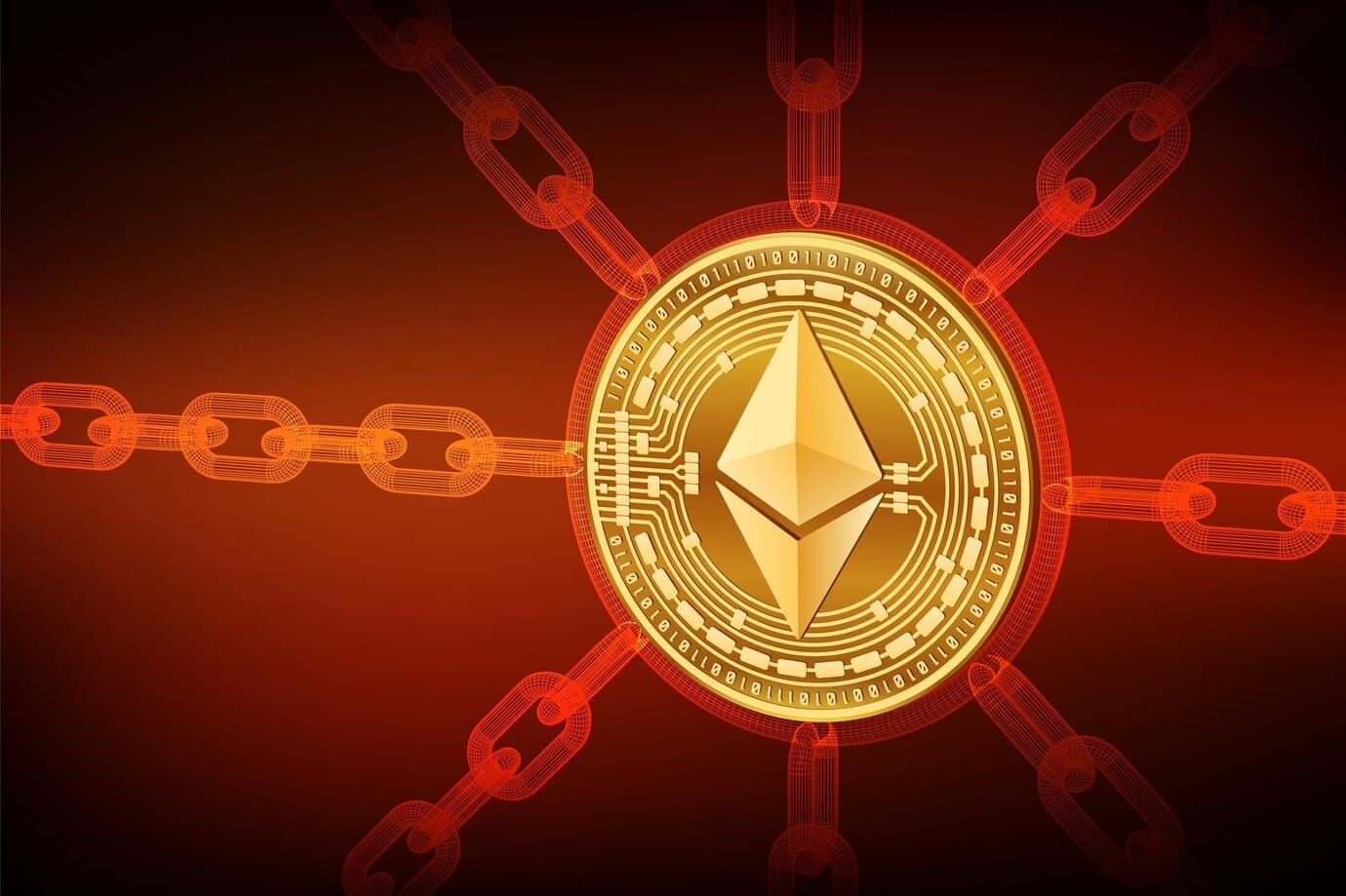ARTICLE AD BOX

- Ethereum’s “Cancun-Deneb” upgrade, set for testing starting January 17, aims to cut fees, introduce transparency, and improve contract security.
- Key changes include EIP-4844’s “blobs” for lower fees, EIP-4788 for data access, and EIP-1153 to reduce costs.
Ethereum, one of the leading blockchain platforms, is gearing up for its forthcoming upgrade known as “Cancun-Deneb” or “Dencun.” The Ethereum team has outlined an ambitious schedule for testing and implementation, primarily focusing on reducing transaction fees and enhancing the network’s capabilities.
The Ethereum development community recently announced the commencement of the testing phase for the Cancun-Deneb upgrade on January 17. This crucial stage begins with the Goerli testnet, and rapid progress is anticipated from this point forward
The Cancun-Deneb upgrade’s first testing ground will be the Goerli testnet. To guarantee the stability and efficacy of the new features and enhancements in this environment, Ethereum developers will keep close tabs on their performance.
The Cancun-Deneb upgrade will go live on the Sepolia testnet on January 30 and the Holesky testnet on February 7, following the Goerli testnet phase. Before releasing the update on the mainnet, Ethereum thoroughly tests the system in these stages to find and fix any possible problems.
Key Objectives of the Upgrade
The Cancun-Deneb update seeks to accomplish a number of important goals that could have a big influence on the Ethereum network and its users:
- Fee reduction
Lowering transaction costs on the Ethereum network is one of the upgrade’s main objectives. Users have expressed worry about expensive fees thus, this update aims to lower costs and increase accessibility for transactions.
- Bridges and staking pools enhancements
The Cancun-Deneb project will bring improvements to stake pools and bridges. These enhancements increase the functionality of these vital parts of the Ethereum ecosystem, potentially creating new opportunities for users and developers.
- Limiting self-destruct operations
Additionally, the upgrade will restrict the use of smart contracts’ self-destruct mechanisms. This modification aims to improve security and guard against the unauthorized deletion of contract code.
Proto-Danksharding
A key component of the Cancun-Deneb update is Ethereum Improvement Proposal (EIP) 4844, also known as “proto-danksharding.” This proposal presents a new layer-2 rollup network storage method for specific transaction data. This data can be saved in a temporary format (blobs) and removed after eighteen days.
This is in contrast to the way that such data is now stored on the blockchain for eternity in the “CALLDATA” field. Proto-danksharding, according to Ethereum developers, will likely result in significantly lower transaction fees on layer-2 networks, increasing Ethereum’s efficiency and lowering its cost.
Alongside proto-danksharding, the Cancun-Deneb upgrade includes several other Ethereum Improvement Proposals:
- EIP-1153: This proposal introduces a “transient storage” system aimed at further reducing transaction fees, contributing to the overall goal of making Ethereum more economically accessible.
- EIP-4788: Enhancing transparency, EIP-4788 stores the root of each Beacon Chain block in a smart contract that applications can query. Developers will leverage this data to create new features for bridges and staking pools, further enhancing the Ethereum ecosystem.
Self-Destruct Keyword Limitation
EIP-6780, a proposal to restrict the usage of the self-destruct keyword in smart contracts, is also included in the upgrade. While this keyword can still transfer funds to the contract deployer, it will no longer erase the contract code unless called within the same transaction it was in. This modification reduces the possibility of unintentional erasure and strengthens the security of smart contracts.
Ethereum improvements typically undergo a rigorous testing process lasting several months to ensure their efficacy and stability before they go live on the mainnet. The Cancun-Deneb upgrade adheres to this standard protocol, allowing for a comprehensive evaluation of its features and enhancements.
It is worth noting that as of the time of writing, Ethereum is trading at $2,268.49, with a 24-hour increase of 1.45%. In the past week, Ethereum increased slightly by 0.20%, also the coin’s market cap increased by 3% in the past day.
.png)
 1 year ago
9
1 year ago
9








 English (US)
English (US)